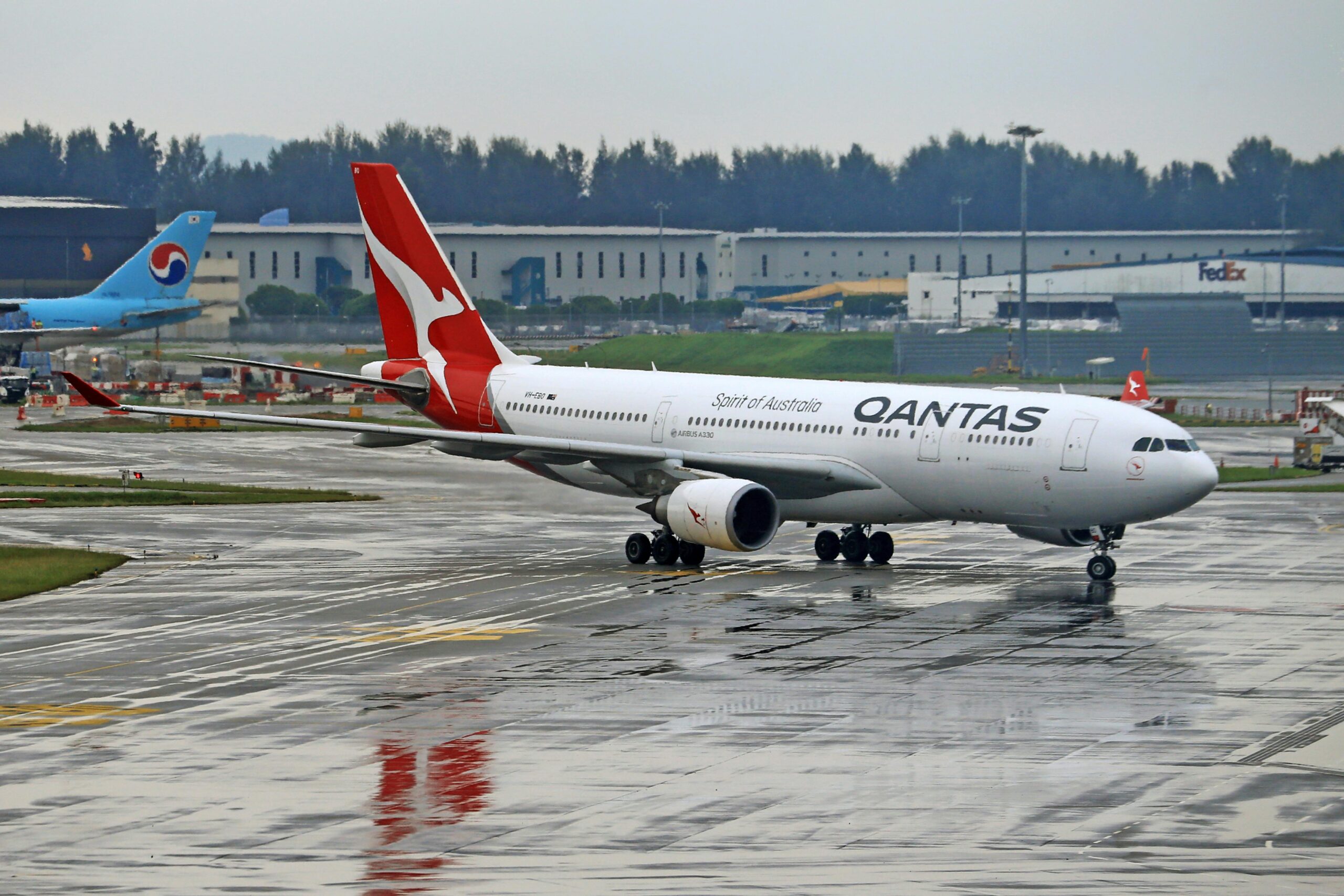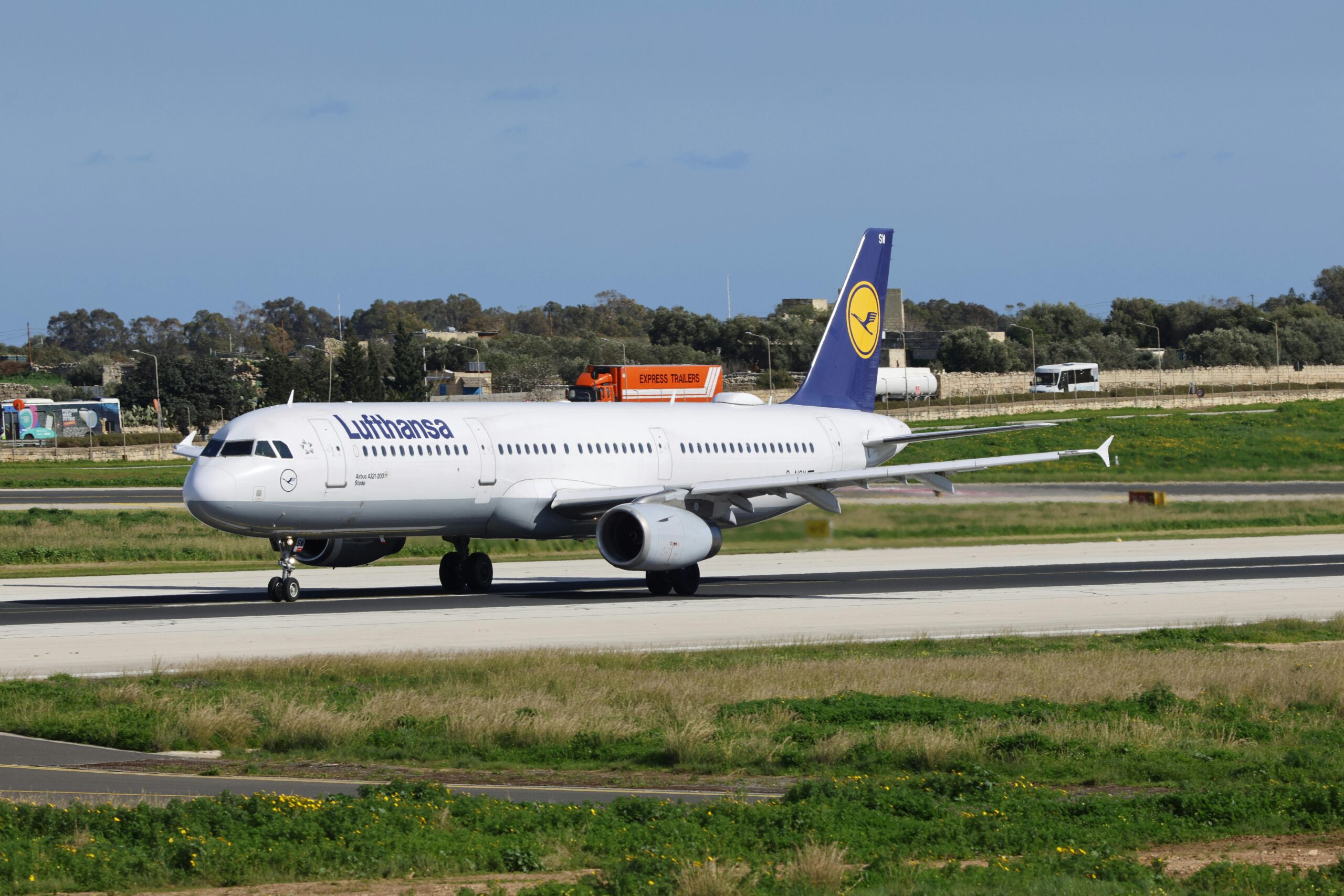Have you ever hesitated to book a dream trip because you didn’t speak the local language? You’re not alone. Many travelers worry that language barriers might ruin their experience or leave them lost and helpless. But what if we told you that you can absolutely travel without speaking the language—and have a rich, immersive adventure while you’re at it?
In fact, traveling without knowing the local tongue can lead to unexpected friendships, creative problem-solving, and stories that will stay with you forever. It’s all about preparation, attitude, and a few clever tricks. So let’s break down how you can explore the globe without cracking open a language textbook.
1. Embrace the Power of Technology
In today’s digital age, you carry a powerful translator in your pocket. Apps like Google Translate, iTranslate, and Microsoft Translator can bridge communication gaps instantly. You can speak into your phone and have it translate your words in real-time, or simply point your camera at signs and menus for instant comprehension.
One pro tip? Download language packs for offline use before your trip. That way, even in areas with limited internet access, you’re never truly lost for words. With just a few taps, you can travel without speaking the language and still order a perfect cup of coffee or ask for directions with ease.
2. Learn the Essentials
You don’t need fluency to get by—just a handful of helpful phrases. Before your trip, take time to learn greetings, polite expressions, and essential travel words like “bathroom,” “help,” “train,” or “food.” Locals appreciate the effort, even if your pronunciation isn’t perfect.
Write down or screenshot a cheat sheet. Better yet, keep a notebook with phonetic spellings. Making a small effort goes a long way in opening doors and hearts.
3. Body Language Is Your Best Friend
When words fail, gestures prevail. Human communication is mostly nonverbal—think facial expressions, hand movements, and tone of voice. Pointing, miming, and smiling can be surprisingly effective tools. Just be cautious—some gestures vary greatly by culture and might be offensive elsewhere.
Want to order fish in a remote village without a shared language? Try mimicking a swimming motion. You’ll be surprised at how often this works!

4. Use Visual Aids and Props
Pictures transcend language. Carry a few printed images or use your phone to show pictures of what you need—be it food, accommodations, or a doctor. There are even picture-based translation cards for common needs that you can print or download before your trip.
In a pinch, sketching on a notepad can communicate more than you think. A quick doodle might save the day!
5. Book Local Tours and Guides
When in doubt, hire a local guide. Many tour guides are multilingual and act as a bridge between cultures. Booking a tour means not only avoiding language missteps, but also gaining insights that you’d miss otherwise. They can help you navigate etiquette, hidden gems, and even negotiate prices.
Looking to explore a bustling market or sacred temple? Let a guide lead the way while you soak up the experience stress-free.
6. Stay in Multilingual Accommodations
Hotels and hostels that cater to international tourists often have staff who speak multiple languages. Booking accommodations with multilingual support can ease your entire trip—especially when it comes to check-ins, directions, or emergencies.
Look for reviews that mention helpful staff or language support. A warm welcome and clear communication can set the tone for the whole trip.
7. Leverage the Kindness of Strangers
People everywhere are kinder than we give them credit for. Don’t be afraid to ask for help. Use basic phrases, point to maps, and show addresses. You’d be amazed how often locals go out of their way to assist—even walking you to your destination.
Sometimes, a kind smile and a polite attitude can make up for any lack of language skills. Traveling without speaking the language often reminds us of our shared humanity.

What’s the Worst That Could Happen?
Sure, you might get on the wrong bus or order something unexpected for lunch. But those are the stories you’ll tell for years! Traveling without speaking the language adds an element of adventure to your trip. It’s not about perfection—it’s about connection, curiosity, and courage.
Reader Check-In: Tell Us Your Story!
Have you ever traveled to a country where you didn’t speak the language? How did you manage? What tips do you have for fellow globetrotters? We’d love to hear your funniest or most memorable stories—share them in the comments below!
And while you’re at it, follow us on social media for more real-world travel advice, destination guides, and inspiration. Your next great adventure starts with a single click!
Conclusion: You Don’t Need the Language—Just the Spirit
The world is full of sounds, sights, and emotions that go beyond words. With a few tools and a positive mindset, you can travel without speaking the language and still have a deep, meaningful, and enriching experience. Don’t let language be the barrier that stops you from seeing the world. The only real barrier is hesitation.
So pack your bags, charge your phone, learn a few phrases, and step into the unknown. Who knows what kind of unforgettable moments are waiting for you? Also, follow us on our social media platforms for the latest travel tips, destination guides, and exclusive updates from WentWorld.com. Stay connected with us—digitally and globally!
Catch up on the top stories and travel deals by subscribing to our newsletter!












Leave a Reply